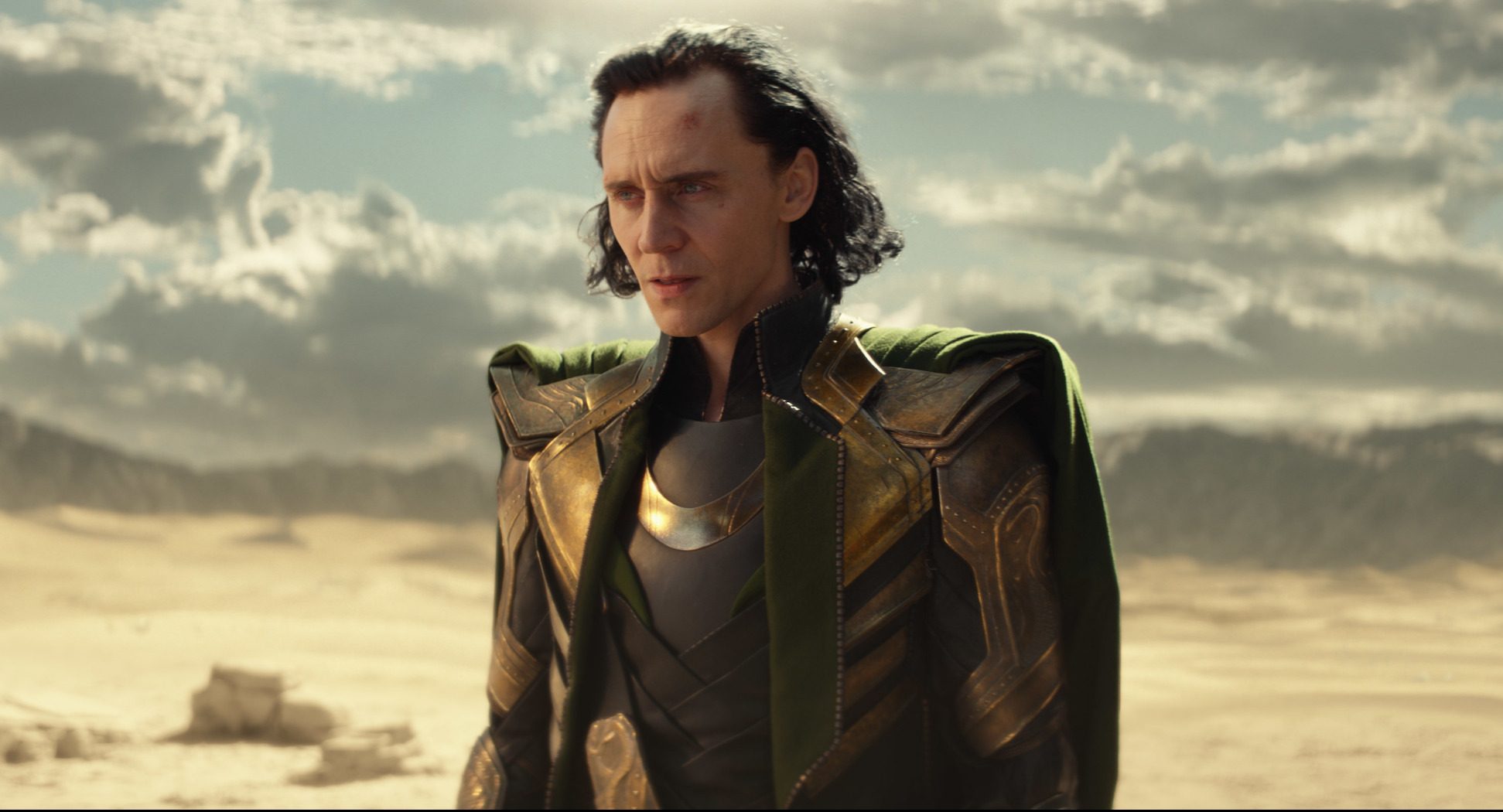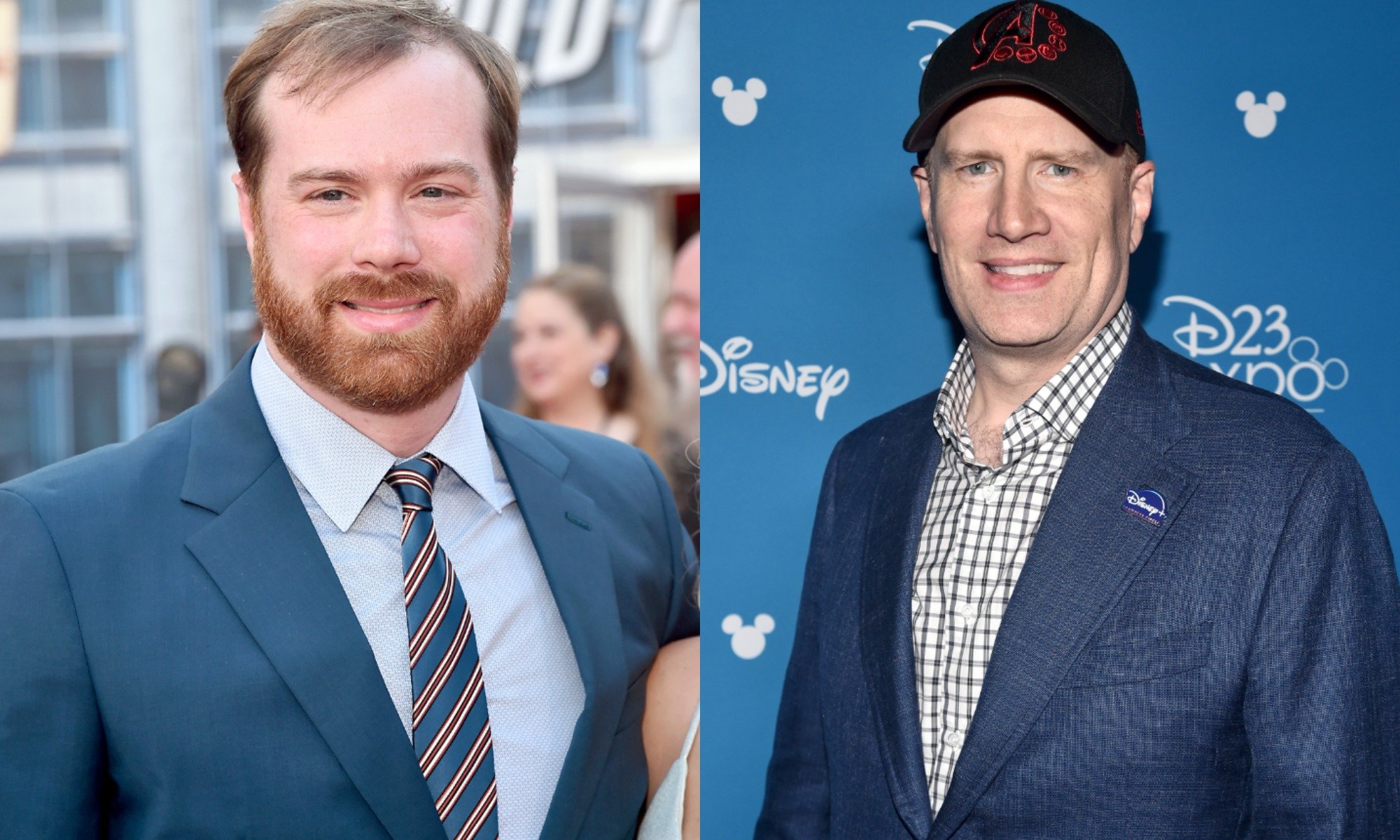‘Loki’ Executive Producer Stephen Broussard on How the Trickster’s ‘Avengers: Endgame’ Twist Came Together
Loki gave Marvel fans an opportunity to explore the franchise’s trickster in more depth, but there was a time most believed that would never happen. That’s because the character meets an untimely death at the beginning of Avengers: Infinity War. That seemingly brought Loki’s (Tom Hiddleston) arc to a close, but Marvel found a way to work around that in Avengers: Endgame.
In Marvel Studios ASSEMBLED Episode 3, “The Making of Loki,” executive producer Stephen Broussard discussed why the studio chose to continue the character’s story through the actions of Endgame — and how the idea came together in the first place.
How does ‘Avengers: Endgame’ give Loki another shot on-screen?

Despite Loki’s fate at the end of Avengers: Infinity War, Avengers: Endgame finds a way to work Hiddleston’s character into its narrative through time travel. The film sees the Avengers team journeying back in time to undo the Blip and bring back their friends. Although they can’t revive the Loki they know, the past version of him makes an appearance when they travel back to the events of The Avengers.
Through a series of missteps, Tony Stark (Robert Downey Jr.) and Steve Rogers (Chris Evans) lose their grip on the Tesseract they’re there to retrieve. Past Loki picks it up and disappears, leaving the pair scrambling to obtain the Space Stone. It’s a substantial setback for the film’s heroes, but it opens up possibilities for the God of Mischief.
That’s precisely why Marvel chose to include this moment in the film, even if it wasn’t originally part of the studio’s plans.
Marvel wasn’t ready to let go of Tom Hiddleston after ‘Avengers: Infinity War’
Take a glorious peek behind the scenes! Marvel Studios Assembled: The Making of #Loki, an Original Special, is now streaming on @DisneyPlus. pic.twitter.com/dxkRXT0Yfj
— Loki (@LokiOfficial) July 21, 2021
When it came to giving Loki another chance on-screen, Marvel sought to strike a delicate balance. In Marvel Studios ASSEMBLED, executive producer Stephen Broussard explains that the studio wanted to utilize Hiddleston’s talent further. However, retconning Loki’s Avengers: Infinity war fate was out of the question.
“That sacrifice really meant something, and we didn’t want to undo that sacrifice or suggest that it never really happened or some other sort of way that felt like it might cheapen the real emotional weight of that moment in that film,” Broussard explained. “But we also knew we wanted to tell more stories with Tom.”
The creatives at Marvel weren’t sure how they would accomplish this, but the opportunity presented itself while they were working on Avengers: Endgame.
Stephen Broussard and Kevin Feige saw ‘Avengers: Endgame’ as a ‘jumping-off point’ for ‘Loki’

With the Avengers traveling back to their battle in New York in Avengers: Endgame, it was inevitable they’d cross paths with past Loki at some point. That prompted the idea that Hiddleston’s trickster could escape from this version of events, something Marvel execs recognized and ran with.
“As Endgame was coming together, the idea that, throughout the time travel misadventures of the Avengers, something goes wrong, Tom grabs the cube and disappears,” Broussard explained. “It’s a complication in that movie that really sets our heroes on their back foot. But one of the things that’s interesting is it’s not dealt with. We have no idea where that goes.”
According to Broussard, that Avengers: Endgame twist felt like a natural place to pick up Loki’s story. The idea eventually evolved into the trickster receiving his own television series.
“One of the things that Kevin Feige and myself were talking about was, could that be a jumping-off point for a new way to tell a Loki story?”
Clearly, that jumping-off point extended well beyond telling Loki’s story. The Loki season finale altered the state of the Marvel Cinematic Universe, potentially forever. It just goes to show how far an impromptu idea can go — especially in the hands of a creative team like Marvel’s.


